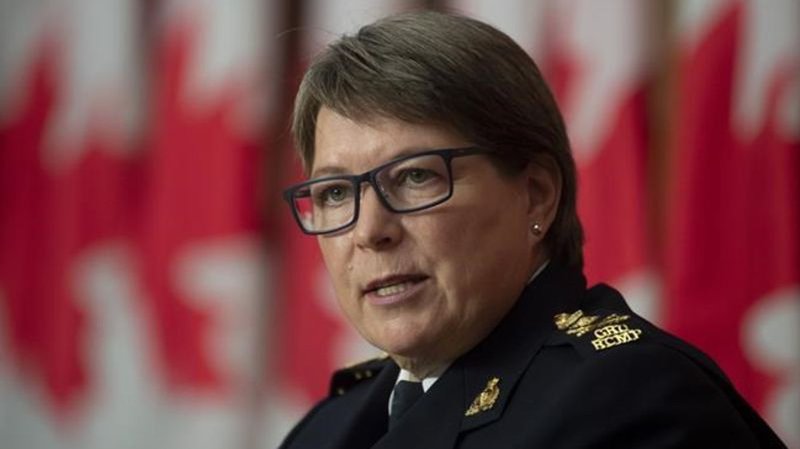
RCMP commits to changes on how it collects, uses information about protesters
OTTAWA — The RCMP has agreed to revamp its policies on the collection and use of information about protesters after a watchdog expressed fresh concerns, a notable shift from the police force’s position only months ago.
RCMP Commissioner Brenda Lucki largely embraced a series of Civilian Review and Complaints Commission recommendations that could better protect the privacy of activists.
Lucki acknowledged the inadequacy of current data-handling practices in her response to the commission’s investigation into Mountie surveillance of opponents of the now-defunct Northern Gateway pipeline project.
The British Columbia Civil Liberties Association lodged a complaint in February 2014, saying the RCMP improperly collected and shared information about people and groups who peacefully opposed the project and attended National Energy Board meetings.
